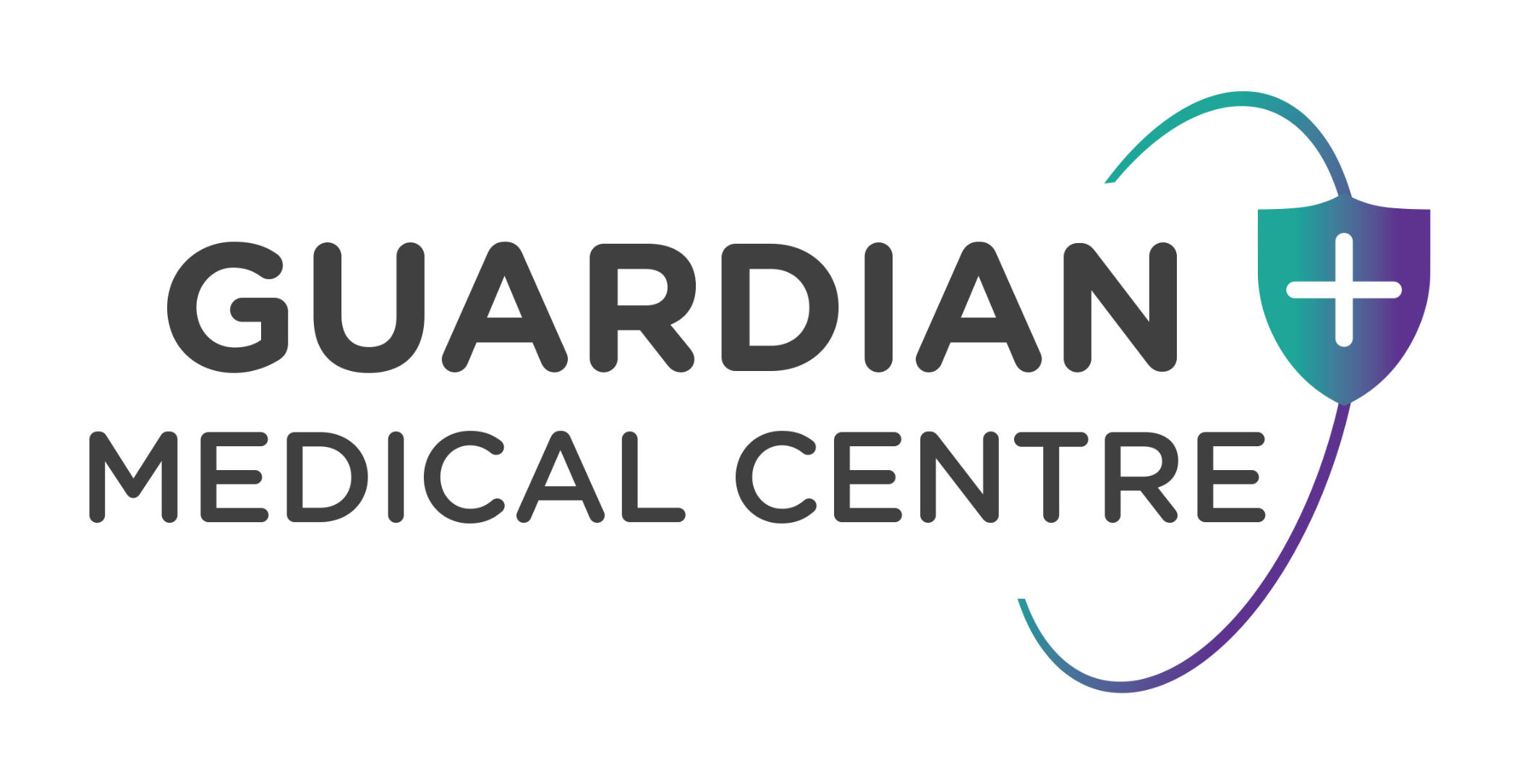Due to patient confidentiality, we are unable to discuss any aspect of a patient’s medical record with anyone other than the patient, without express consent, with the exception of someone holding a Power of Attorney, or the parent of somebody aged 15 or under.
If you would like to consent for someone else to be able to discuss your medical records with practice staff, please complete the form below and return to the medical centre.
Your Summary Care Record is a short summary of your GP medical records. It tells other health and care staff who care for you about the medicines you take and your allergies. Click here for more information.
If you wish to OPT OUT of having a Summary Care Record, please complete the form below and return to the medical centre.
The clinical system we use (SystmOne) allows patients to consent or dissent to sharing Information from other services into their medical record, and out to support your care elsewhere. Other services that are involved in your medical care that use our clinical system could be district nurses, community nurses, community matrons, extended access, physiotherapy & podiatry.
There are two different types of consent:
- Sharing information in to your medical record
- Sharing information out from your medical record.
It is recommended that all patients CONSENT to sharing in the best interests of their medical care; however, this is your choice. All patients will automatically be set to consent for sharing in and sharing out unless you have expressed otherwise. If you wish to change this decision, please contact us on 01925 650226 (option 6).
Information about your health and care helps the NHS to improve your individual care, speed up diagnosis, plan your local services and research new treatments. In May 2018, the strict rules about how this data can and cannot be used were strengthened. The NHS is committed to keeping patient information safe and always been clear about how it is used.
How your data is used
Your health and care information is used to improve your individual care. It is also used to help us research new treatments, decide where to put GP clinics and plan for the number of doctors and nurses in your local hospital.
Wherever possible we try to use data that does not identify you, but sometimes it is necessary to use your confidential patient information.
What is confidential patient information?
Confidential patient information identifies you and says something about your health, care or treatment. You would expect this information to be kept private. Information that only identifies you, like your name and address, is not considered confidential patient information and still may be used: for example, to contact you if your GP practice is merging with another.
Who can use your confidential patient information for research and planning?
Is used by the NHS, local authorities, university and hospital researchers, medical colleges and pharmaceutical researching new treatments.
Making your data opt-out choice
You can choose to opt out of sharing your confidential patient information for research and planning. There may still be times when confidential patient information is used: for example, during an epidemic where there may be a risk to you or to other people’s health. You can also still consent to take part in specific research project.
Will choosing this opt-out affect your care and treatment?
No, your confidential patient information will still be used for your individual care. Choosing to opt out will not affect your care or treatment. You will still be invited for screening Services, such as screenings for bowel cancer.
What should you do next?
You do not need to do anything if you are happy about how your confidential patient information is used.
If you do not want your confidential patient information to be used for research and planning, you can choose to opt out securely online or through a telephone service.
You can change your choice at any time.
To find out more or to make your choice visit nhs.uk/your-nhs-data-matters or call 0300 303 5678
